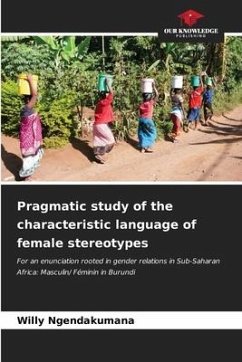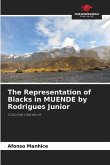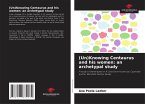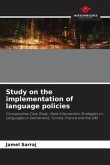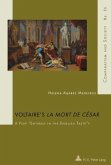In the African context and in the language used, the girl is prepared to understand that the woman is made for procreation and the upkeep of the home. In the name of motherhood and all the burdens it implies, women are condemned to cook, clean and do the laundry for their husbands and grandchildren. She thus becomes a willing slave in a society where the avatars of common opinion are passed down from generation to generation. In this way, language stereotypes are developed, tending to maintain women in a complex of inferiority and submission. This book is not intended to combat tradition, nor to propose a role reversal in male/female relations. It takes into account, through the case of Burundi, the state of the question of the received ideas that circulate in the language around the inferiorization of women and their implications on the daily life of women. Male domination is a fact that manifests itself above all in stereotyped language - the cela- va-de-soi - i.e. in the verbal repertoire of common opinion.
Bitte wählen Sie Ihr Anliegen aus.
Rechnungen
Retourenschein anfordern
Bestellstatus
Storno

